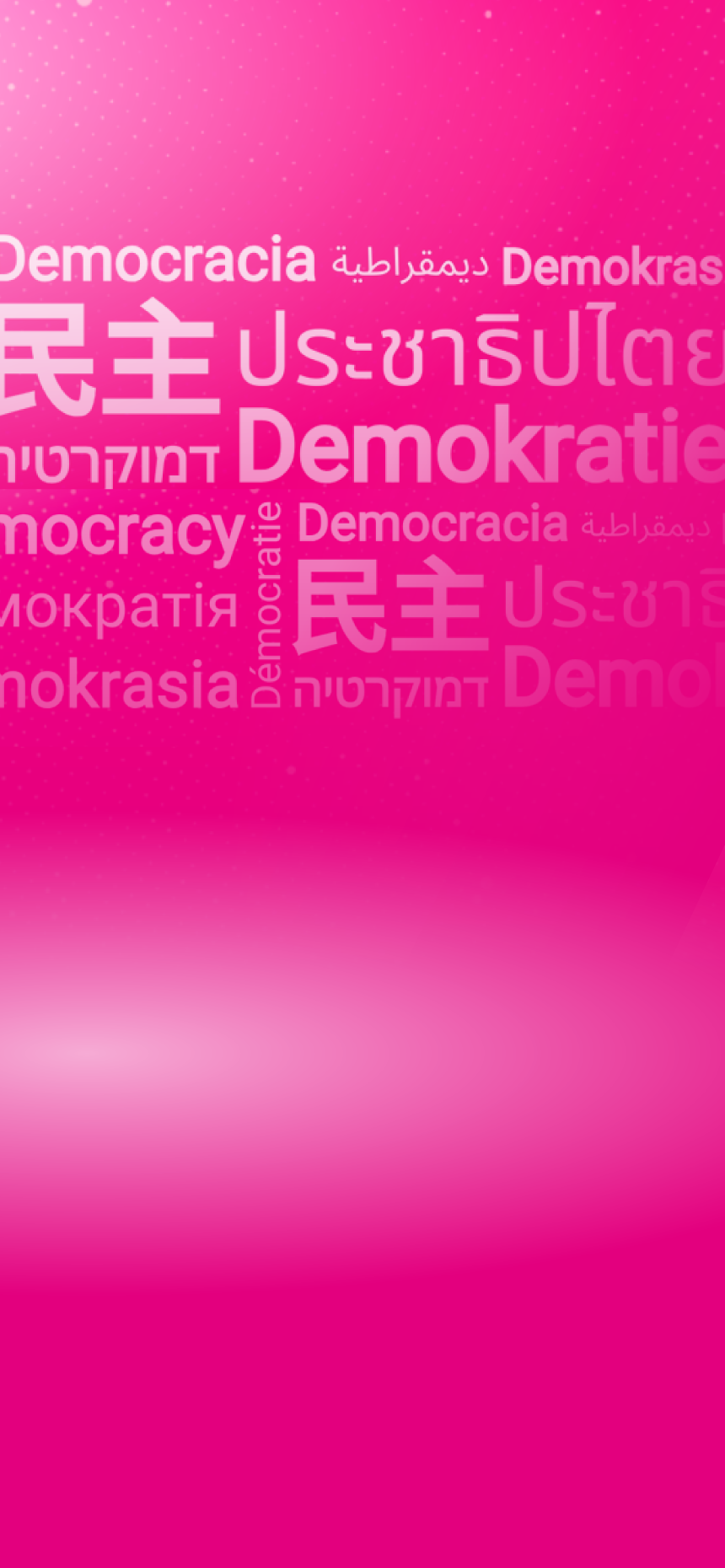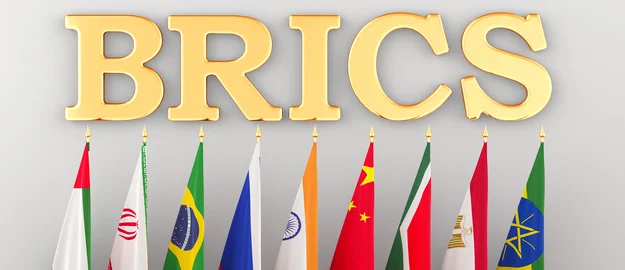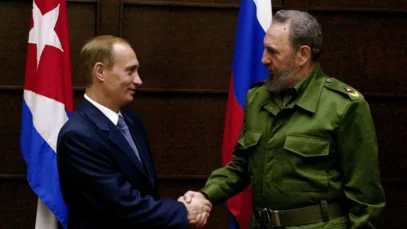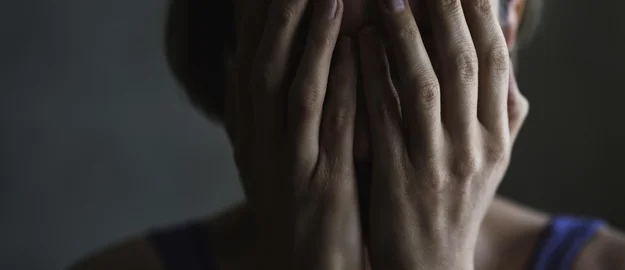Friedrich-Naumann-Stiftung für die Freiheit
-
The relevance of the BRICS in Trump’s new world order and its impact on Middle Eastern multi-alignment strategies
As Trump redraws the world order, the BRICS are transforming and the Middle East is emerging as the key arena where this shift matters most.
-
Events
-
Javier Milei two years in office – Impressive successes and momentum heading into the new year
Javier Milei celebrates two years in office and achieves surprising successes in inflation, economic growth and poverty reduction, while Argentina regains its international standing as an investment location.
-
Recruitment for Russia
Cuban recruitment for Russia's war in Ukraine reveals a frightening web of exploitation and propaganda. This adds a disturbing new dimension to Europe's political silence.
-
International Day for the Elimination of Violence Against Women
Violence against women arises from power structures, false images of masculinity, and silence. Institutional failure and perpetrator-victim reversal show how urgently the rule of law and society must act.
-
International Day for the Elimination of Violence Against Women
Violence against women arises from power structures, false images of masculinity, and silence. Institutional failure and perpetrator-victim reversal show how urgently the rule of law and society must act.
Contested election in Republika Srpska: What Dodik's narrow victory really means
The presidential election in Republika Srpska produced a marginal and contested victory for Dodik’s camp. Elections became necessary after a court barred the former President from holding public office for six years.
The automotive industry as a driver of prosperity
A new study by the Friedrich Naumann Foundation for Freedom shows that the planned EU ban on combustion engines from 2035 and a lack of structural reforms are putting hundreds of thousands of jobs at risk. Instead of banning technologies, open framework conditions are needed to secure Germany's automotive industry in global competition.







